Michael Rain is the founder of ENODI, a media and research company that highlights people with immigrant backgrounds in the areas of culture, entrepreneurship, and identity. He’s also the managing director of Archangel 7, which provides storytelling and narrative development to companies for strategic messaging and communication. Michael is currently a Tech Policy Fellow at The Aspen Institute. Previously he was Knight Fellow at Stanford University and a two-time TED Resident & Speaker with a TED Talk that has over 1 million views.
What does “entrepreneurship” mean to you?
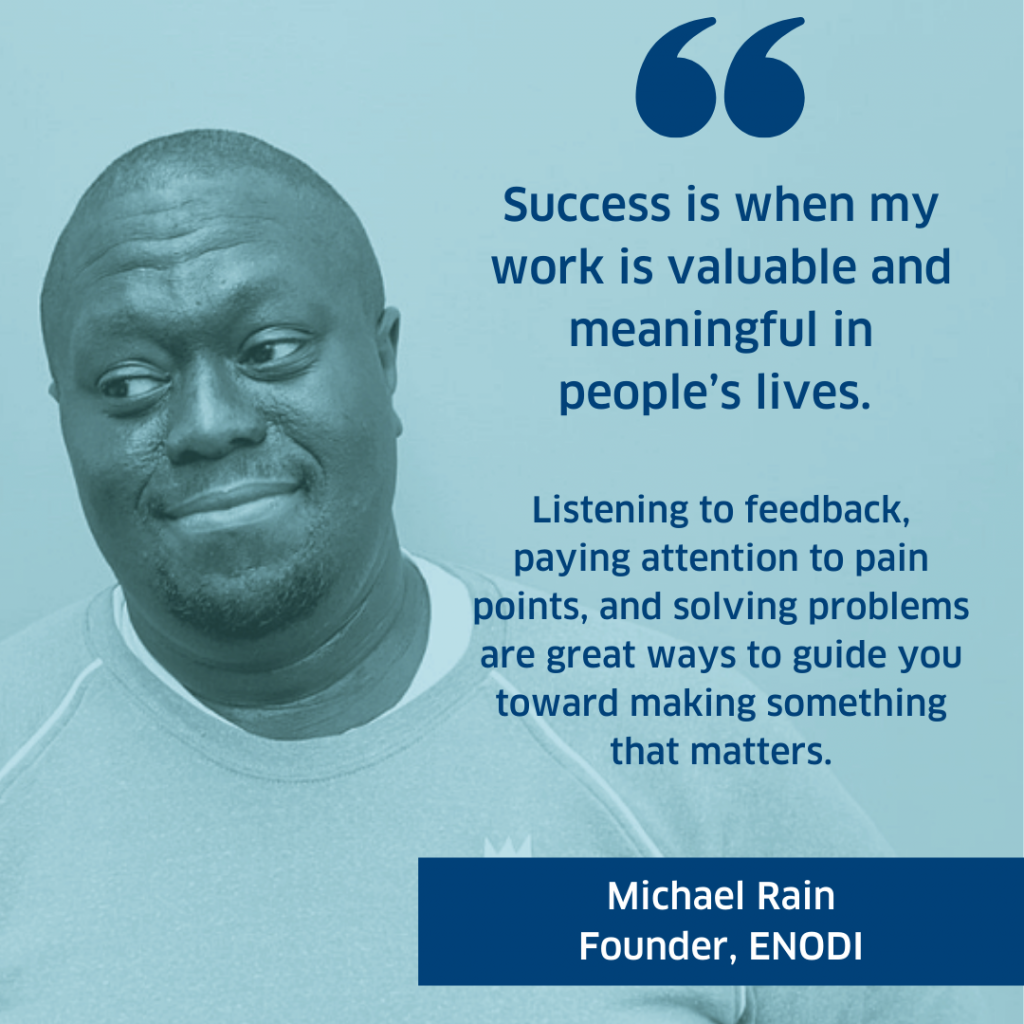 Michael Rain: I’m a third-generation entrepreneur. Both of my parents ran their own businesses. Entrepreneurship to me is working independently to either make a profit from solving problems for people or the ability to focus your professional life on building something that motivates you beyond money.
Michael Rain: I’m a third-generation entrepreneur. Both of my parents ran their own businesses. Entrepreneurship to me is working independently to either make a profit from solving problems for people or the ability to focus your professional life on building something that motivates you beyond money.
How did your company come to be?
MR: I run two companies. ENODI is a media and research company that highlights the lives, cultural innovations, and entrepreneurial work of people with immigrant backgrounds. We also study the behavior and content of these groups in digital communities.
The “a-ha moment” was gradual. I’ve come to realize that first-generation Americans that juggle multiple identities are largely ignored in U.S. media. Further, the conversations about people with immigrant backgrounds are primarily focused on documentation and lack perspective on culture, business, and other aspects of our lives that impact the country.
Archangel 7 LLC is my consultancy providing storytelling and narrative development to companies and people for strategic messaging and communication. Storytelling in the realm of business is not telling “once upon a time” tales. It’s about providing an accessible context to a product, service, or vision. I’m also a global public speaker. I communicate ideas through stories.
How has your business changed in response to the COVID-19 pandemic?
MR: COVID-19 changed the direction of the research we’ve been doing on what I call private digital messaging networks (PDMNs). PDMNs can be WhatsApp groups, iMessage groups, Slack, Signal, and Telegram groups. They are digital spaces where people engage through text, requiring an invite or add by a group administrator.
When we started this research in October 2019, we observed humorous and informative memes, gifs, videos, and articles shared between close-knit groups. But around February 2020, most of the content shared was COVID-19-related. Much of it was comprised of misinformation and disinformation content. This phenomenon has expanded my work to include tech policy, mainly what tech platforms and group admins can do to verify and vet content shared in these groups.
What is your proudest and darkest moment so far? Share a key high and a key low from your journey if you can.
MR: My proudest and darkest moments are related. They both stem from my TED talk. Beyond elevating my practice as a speaker, it helped people understand what I meant when I say, “I’m a storyteller.” I’ve been referring to myself as a storyteller long before it was cool.
Doing the talk and surpassing one million views was great. However, I’m most proud of the messages I received from people worldwide, including Australia, Japan, Colombia, Kenya, Argentina, the Netherlands, the UK, and France, of various ages, who felt understood by my story. The low point was the rush of hateful Tweets, comments, emails, etc., I’ve received from people who loathe immigrants and people with immigrant backgrounds.
How is your company changing the landscape?
MR: One of my taglines is that I “expand the world’s perception of diverse communities,” which just means I work to impact people’s limited lens about who they think other people are. Through ENODI, I’m able to affect the landscape of how companies and organizations service misunderstood and ignored communities.
What do you wish you knew when you started? Is there anything you would do differently?
MR: I wish I knew how important it was to develop a community of fellow entrepreneurs for support and knowledge. When I left my 9 to 5, my network was comprised of other full-time corporate people. They could not relate to the day-to-day of someone working independently; thus, they did not have much insight to share that was relevant to my work. If I could do it over, I would have identified and connected with groups of entrepreneurs, founders, and freelancers much earlier.
What advice/credo do you live by as you grow the business / what is your professional and personal mission statement?
MR: I believe in doing what I call “legacy work.” We all spend time working to produce something or to provide a service. Those services and products can be relevant in the short term or influential for an extended term. My credo is to focus as much work as possible on things that have the potential to impact lives far beyond my own lifetime.
Where do you find inspiration when faced with challenges?
MR: I find inspiration through the work of artistically creative people. I visit art museums often. I observe sculptures, paintings, and structures that were produced thousands of years ago. It reminds me of the impact work can have that lives far beyond our lifetimes (and legacy work). That thought keeps me focused on what matters and reminds me that getting beyond challenging periods is always worth it.
What does “success” look like for you? What do you think will help you achieve it?
MR: Success is when my work is valuable and meaningful in people’s lives. Listening to feedback, paying attention to pain points, and solving problems is are great ways to guide you toward making something that matters.
Has personal or professional “success” changed for you since the COVID-19 pandemic?
MR: Yes, it has. I now include the quality of my life and time spent with loved ones as part of my equation for success. Before this, I was overly focused on hitting professional milestones at the expense of personal enrichment with people.
What’s it like to work alone or with your partners? What advice do you have for fellow entrepreneurs about building and leading teams?
MR: People assume that folks who work for themselves have a lot of free time. We don’t. What we have is more control over our time. We generally get to decide when we do things and how many hours we will spend doing it. Working independently requires discipline. It takes a great deal of self-motivation to follow through when you are the one keeping yourself accountable.
There is so much to say about building and leading teams for entities you have created. I’ll emphasize the importance of making sure prospective team members understand your long-term vision and that their own professional goals are aligned with the company. Many of us have had our time wasted by people who were using an association with us to hop to the next thing, rather than being invested in the mission of the company.
Many entrepreneurs continue to perfect their daily routines to support their work and greater vision; would you mind sharing your morning routine or a regular ritual that grounds your work each day? How has it changed in recent months?
MR: I spend time reading a physical book for at least an hour a day. It helps me focus without the distraction of alerts, notifications, and the urge to switch between apps on my phone. It’s also an effective way to undo the harm of multitasking.
What keeps you motivated during this time?
MR: Messages and feedback from people who have been touched by my work keep me motivated.
What kind of an entrepreneur do you want to be known as, as in, what do you want your legacy to be?
MR: As an entrepreneur, I want to be remembered as a truly creative person who found a way to make stories the central part of his work and operate across industries.
I would also like to inspire people to build things to solve problems of all types and sizes. I want to emphasize that solving a significant issue is essential regardless of whether it becomes a billion-dollar unicorn or scales to billions of people. Take the initiative to build things and entities to solve problems in your community, no matter the size or scope. Not everything worth building needs to be sexy to venture capitalists.
Have you experienced mentorship in your career? Do you feel it was easily available to you?
MR: Yes, I’ve been fortunate to find and develop great relationships with a variety of mentors. This was not easily available to me. I was intentional in building relationships with people whose expertise and intelligence I value. I was able to do most of this through the fellowships and residencies I’ve been selected for, including prized programs at TED, Stanford University, the Newmark J-School, and now The Aspen Institute.
Who are the people who have mentored or influenced you in your life or career? How has their influence changed the trajectory of your entrepreneurial journey?
MR: I’ll name two people who were instrumental in shaping my career trajectory. First, Gregory Pardlo, the Pulitzer Prize-winning poet, writer, and professor, he was the first person that made me realize I was a good storyteller. Through his own life and career, he taught me that there are unlimited possibilities when you stay true to your purpose and what you are best at doing.
Jeremy Caplan, director of Teaching, Learning, and Assessment at the Craig Newmark Graduate School of Journalism at CUNY and former director of the Tow-Knight Center for Entrepreneurial Journalism, is another. Jeremy’s taught me a lot, but primarily he’s shown me the influence of being a leader of leaders. Over the past decade, I don’t think anyone else has personally worked with and guided more founders and builders making an impact in a wide range of industries, solving a variety of problems in pretty much every region in the world.
Do you have someone you’d like to nominate to be profiled in our Faces of Entrepreneurship series? Please let us know by emailing media@thecenter.nasdaq.org.
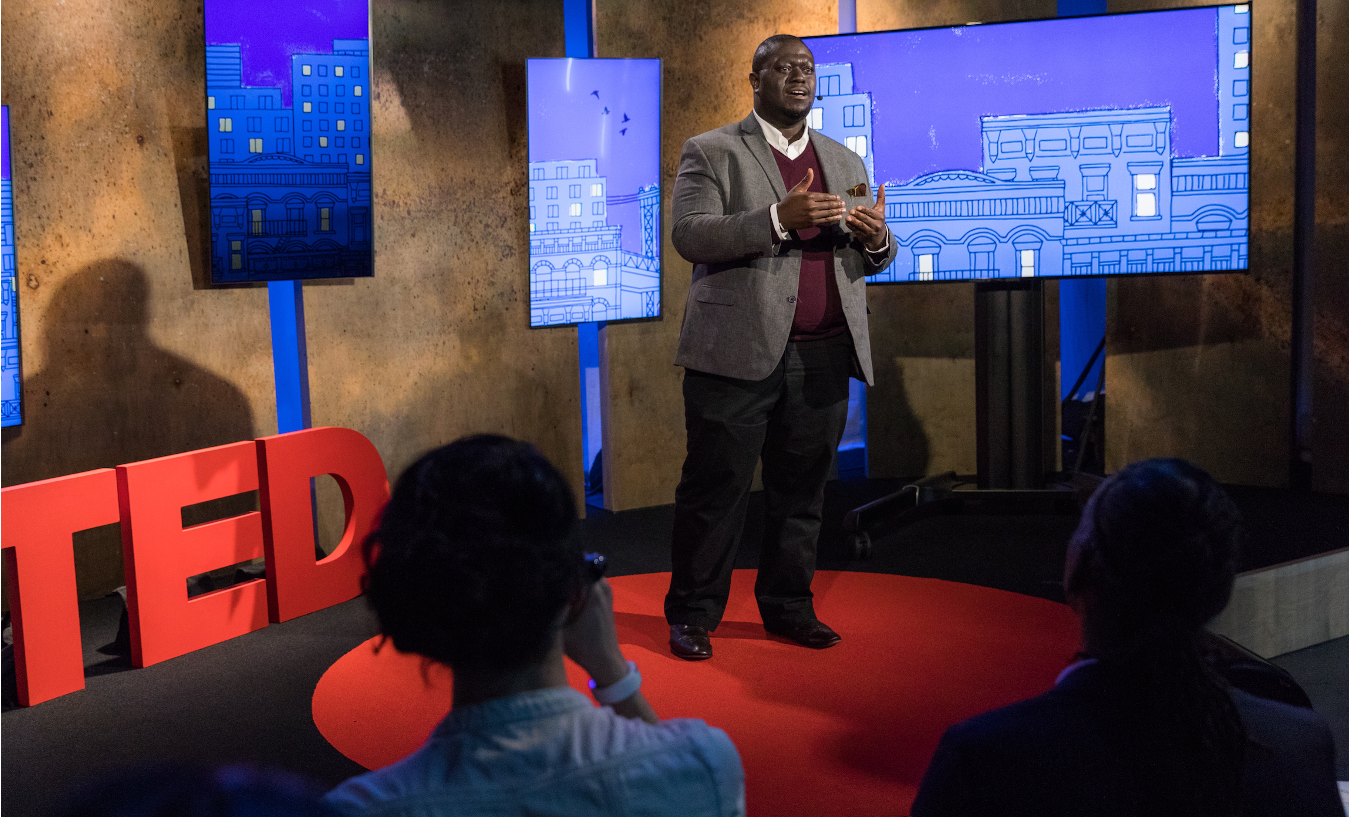
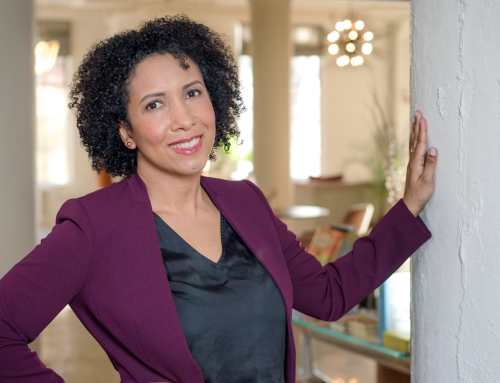
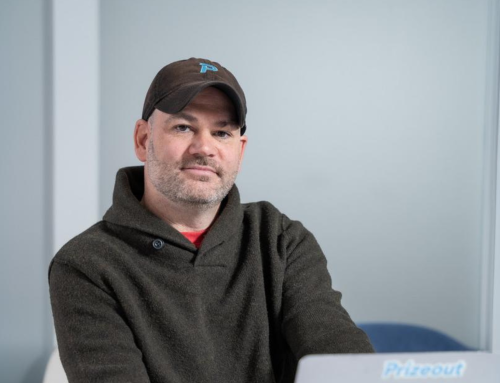
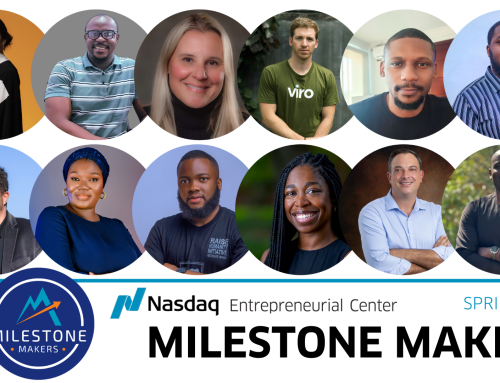
Invite a Friend
Close